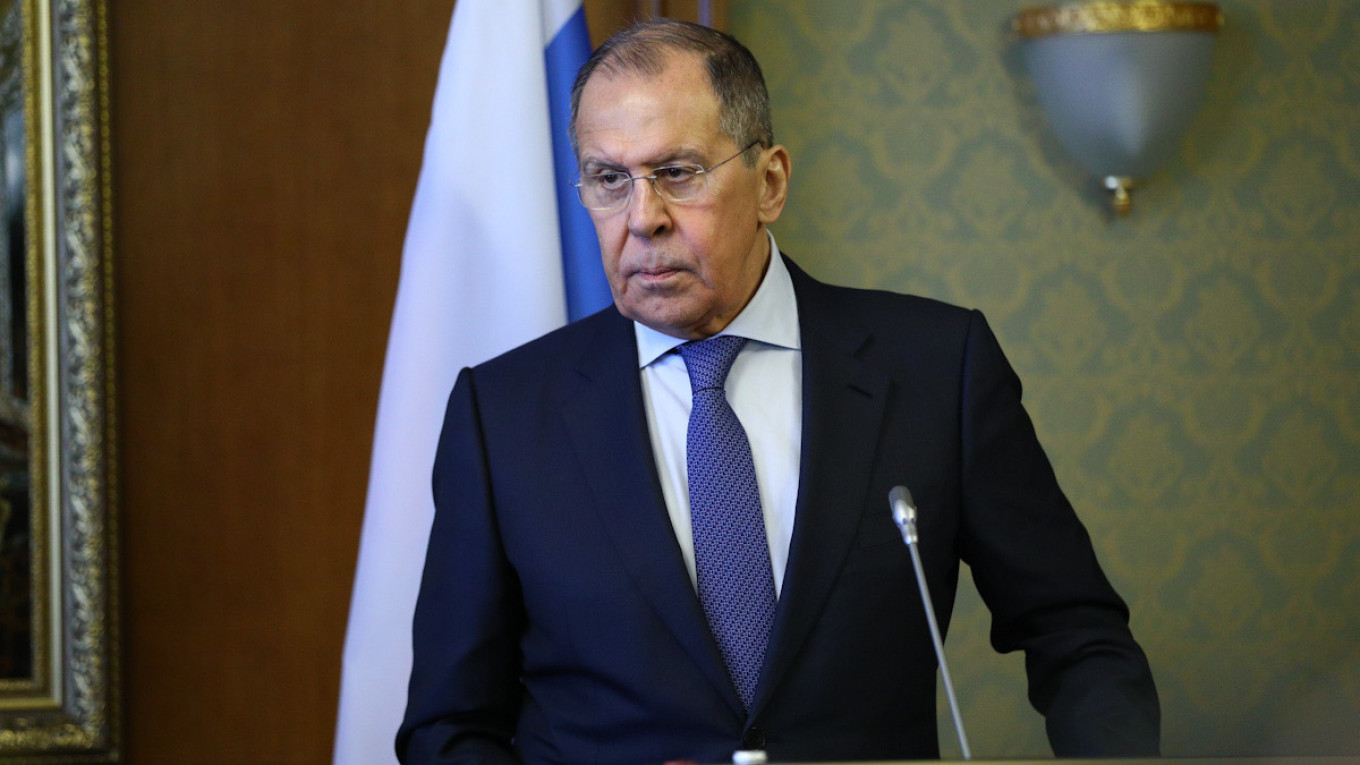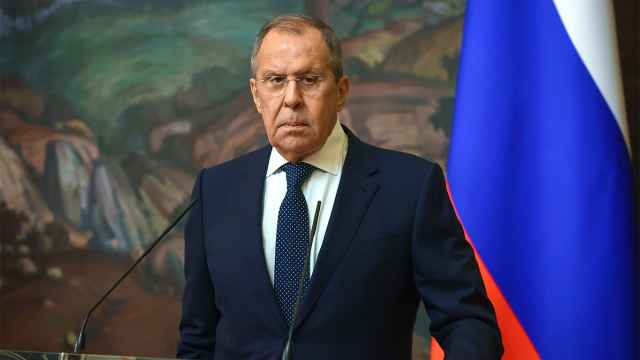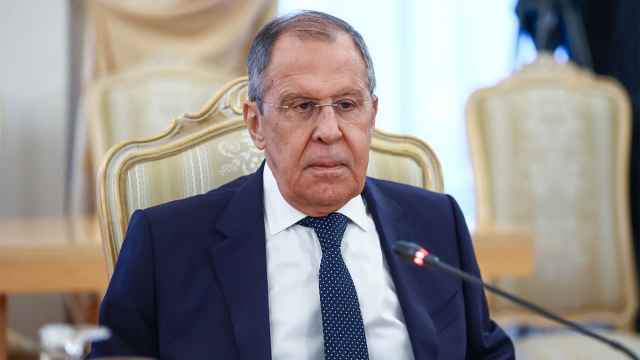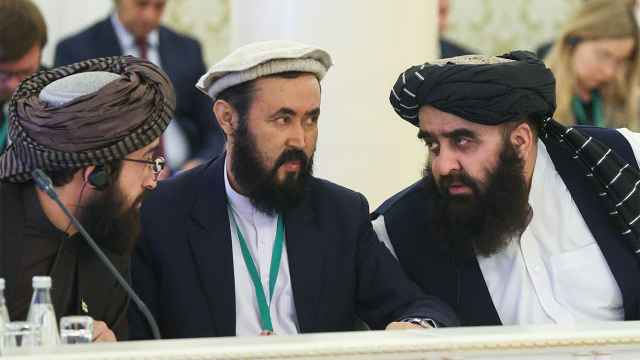Russian Foreign Minister Sergei Lavrov lambasted the West for failing to unite globally in the fight against the pandemic and its economic fallout, in an address to the UN Human Rights Council on Wednesday.
In his speech to the United Nations' human rights body, Lavrov criticized the West for refusing to suspend sanctions in the wake of the global economic downturn triggered by the coronavirus outbreak.
"Unfortunately, despite the pandemic and the apparent need to consolidate our efforts, some of our Western counterparts refuse to reconsider their selfish ways and abandon their coercive approaches and unlawful methods of intimidation and pressure," he said by video link.
He accused Western countries of having a "desire to take advantage of the pandemic to punish 'undesirable' governments."
The European Union this week agreed to impose sanctions on four Russian officials over the jailing of Kremlin critic Alexei Navalny.
The move has further strained relations between Moscow and the West, which have seen tensions at their highest since the end of the Cold War.
The EU and the United States have hit Russia with a series of sanctions since Moscow annexed Crimea from Ukraine in 2014.
In recent weeks, Ukraine as well as Latvia, another former Soviet country, have banned a number of pro-Russian television channels.
Lavrov in his speech slammed the moves, describing them as "political censorship."
"Those who for decades have been preaching about freedom of speech and expression to the whole world are now demonstrating intolerance of alternative views," he said.
The Russian foreign minister also laid into social media platforms, which he said "openly manipulate public opinion by banning or censoring user content at their own discretion."
Russia last year cleared the way for regulators to block internet platforms like Facebook and Youtube if they are deemed to have censored content produced by Russians.
A Message from The Moscow Times:
Dear readers,
We are facing unprecedented challenges. Russia's Prosecutor General's Office has designated The Moscow Times as an "undesirable" organization, criminalizing our work and putting our staff at risk of prosecution. This follows our earlier unjust labeling as a "foreign agent."
These actions are direct attempts to silence independent journalism in Russia. The authorities claim our work "discredits the decisions of the Russian leadership." We see things differently: we strive to provide accurate, unbiased reporting on Russia.
We, the journalists of The Moscow Times, refuse to be silenced. But to continue our work, we need your help.
Your support, no matter how small, makes a world of difference. If you can, please support us monthly starting from just $2. It's quick to set up, and every contribution makes a significant impact.
By supporting The Moscow Times, you're defending open, independent journalism in the face of repression. Thank you for standing with us.
Remind me later.






